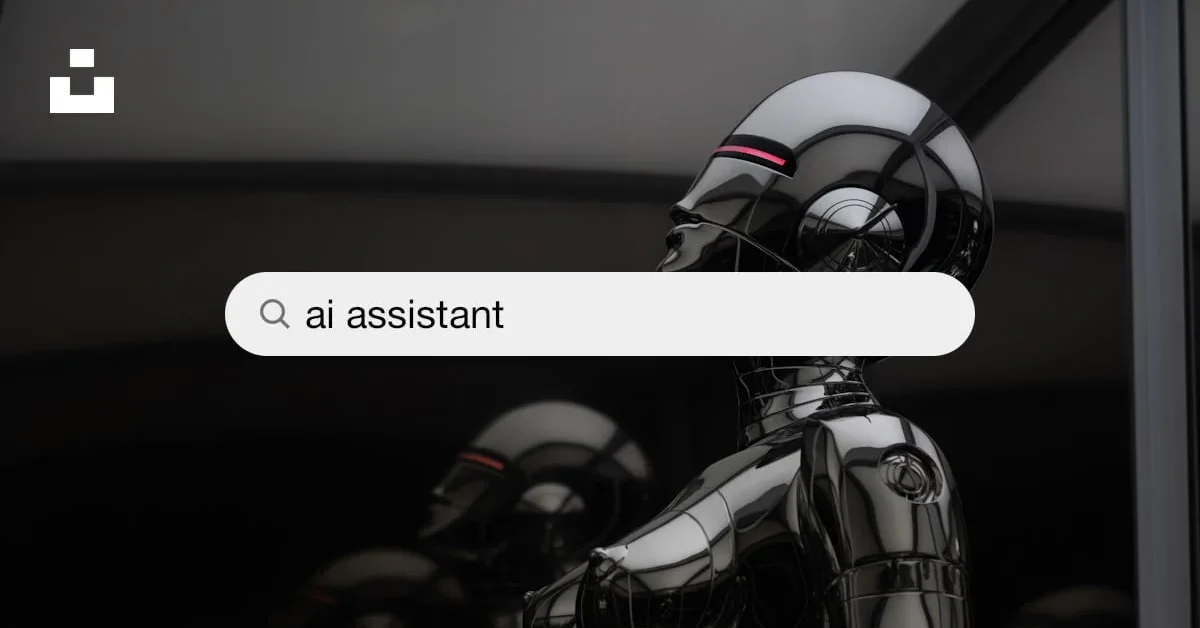Expert Insights: Navigating Google's AI Sales Assistant Changes

AI’s impact on search has thrown the SEO world into a bit of chaos lately - I’ve seen it firsthand in my marketing work. Google’s AI Sales Assistant isn’t just another tool to deal with, it’s completely changing how people find and buy products online. Some of my clients are pretty worried, and honestly, I get it. The old SEO playbook I used for years? Pretty much out the window now.
I spent last week at a digital marketing conference where everyone was talking about this stuff. It’s not some passing fad we can ignore. Watching smaller brands scramble to keep up while bigger companies throw resources at AI solutions really drives home how this is reshaping everything - from the way we write product descriptions to how we connect with customers on social media.
Been gathering thoughts from people who’ve been in the trenches with this transition. Marketing directors, SEO specialists, even some ecommerce managers who are dealing with this daily. Their real-world experiences really paint a picture of what’s happening on the ground.
Alex Foster, Head of SEO, Quikster

Google’s AI Sales Assistant has thrown a wrench into the SEO playbook. I’ve watched it completely change how people find and interact with products right in search results - and it’s making traditional SEO tactics way more complicated than before.
This is a double-edged sword for brands. You can potentially connect with customers better in search results, but there’s a catch. Google now has more control over how your products show up, which could mess with your carefully crafted brand message. Been there - if you slack off on writing detailed product descriptions, you’re basically letting Google’s AI tell your story for you. Not ideal.
Getting serious about SERP optimization isn’t optional anymore. Gone are the days when you could just nail your title tags and meta descriptions and call it good. Now you need product content that’s thorough enough to feed the AI what it needs (and yeah, that means working closely with your product and merchandising teams to get the right mix of content and visuals).
The SEO landscape keeps shifting faster than ever. Some brands will adapt and come out ahead, while others. Well, they’ll be playing catch-up in an increasingly crowded digital space. Hard truth: the ones willing to shake up their SEO approach now are gonna have a much easier time when AI really takes over.
Alyssa Shupnacki, Content Lead, Thrive Media Group

I’ve spent countless hours wrestling with Google’s new AI Sales Assistant since it launched, and honestly, it’s keeping me up at night. This isn’t just another algorithm update - it’s completely reshaping how customers find and choose products right there in search results. Pretty wild stuff.
My clients are already seeing their traffic patterns shift as this AI middleman steps between them and their customers. Some of our best-performing pages took an immediate hit. Getting your products noticed now means going beyond the usual SEO playbook - you need product descriptions that really grab attention and answer questions before they’re asked. Big difference between showing up in search and getting that click.
The tricky part? Google’s AI is picky about which products it recommends. I learned this the hard way when some of our top sellers got overlooked because their listings weren’t detailed enough. Now we’re focusing on fewer, better-quality product pages with rich details and strong visuals. Those old “stuff keywords everywhere” tactics just don’t cut it anymore.
We can either fight this change or learn to work with it. I’m betting on adaptation. After some initial panic, I’m finding interesting ways to use this system to our advantage. Sure beats watching our traffic slowly disappear while we cling to outdated methods. Time to roll up our sleeves and figure out how to make this work for us.
Lucy Mitchell, VP of Content, Cloudscape

I’ve spent way too much time wrestling with Google’s latest curveball - their AI Sales Assistant. Back in my agency days, we’d joke about Google eventually replacing us all with robots. Here we are. But you know what? It’s pretty cool seeing how it helps regular folks find stuff they want to buy.
Picture this: someone’s looking for a decent non-stick pan (probably after burning their eggs like I did last week). Instead of drowning in a sea of random listings, they get this helpful walkthrough with actual relevant options right there in search. No more endless clicking.
I’ve noticed something working with clients lately - the ones winning at this game aren’t just stuffing keywords everywhere. They’re writing product descriptions that make sense to both humans and machines. Crazy concept, right? My team’s been having success with clear, detailed summaries that skip the fluffy marketing speak.
Getting ready for this AI shift means breaking down those old department silos. Had a client recently where we finally got the content team talking to the product folks. Made such a difference. The secret sauce isn’t just technical SEO anymore. It’s getting everyone on the same page about how to present products in this new world.
Some SEOs are freaking out about this change. But honestly? It’s just pushing us to do what we should’ve been doing all along - creating better content that helps people find what they need. The game’s changing, but that’s what keeps it interesting.
Olivia Collins, Director of Marketing, Evergreen Essentials

A few weeks into testing Google’s Sales Assistant, I’m noticing some concerning patterns beneath its polished surface. Google frames it as revolutionary for e-commerce, but after seeing how it handles product recommendations, I’m worried about its impact on direct site traffic. The assistant looks sleek doing product comparisons, but it’s basically training shoppers to stay in Google’s ecosystem instead of visiting merchant sites.
Working with clients in retail, I’ve watched their carefully crafted product pages get pushed aside by Google’s auto-generated carousels. Pretty frustrating when premium products get buried because they don’t match whatever signals the AI prioritizes that week. Good content still matters. My best performing pages prove that. But this slow shift toward AI curation makes me uneasy about brands losing control of their messaging.
Most of my industry colleagues are jumping on board, calling it the future of shopping. But after dealing with algorithm updates for years, I’m skeptical. Maybe I’m being paranoid, but it feels like we’re voluntarily handing over even more power to a system that’s already gatekeeping most of our traffic. Guess we’ll see how this plays out over the next few quarters.
Mike Turner, Senior Content Marketer, Oasis Beverages

I’ve spent weeks testing Google’s new AI Sales Assistant, and I’m genuinely worried about what it means for those of us in SEO. This isn’t another minor algorithm update - it’s Google inserting itself directly between businesses and their customers. My own clients are already seeing changes in their traffic patterns as this AI starts suggesting products right in the search results.
The scary part? Brands are losing control over how their products are presented. Last week, I watched the AI completely misrepresent a client’s premium skincare line, boiling down their carefully crafted messaging to generic bullet points. The system seems to randomly promote certain items while ignoring others, regardless of what we’ve optimized for. Some of my best-performing product pages barely show up anymore.
Traditional SEO tactics just aren’t cutting it anymore. We can keep pumping out optimized content, but what’s the point if Google’s AI is going to intercept and rewrite everything anyway? I’ve had to completely rethink my approach for several e-commerce clients. The old playbook of keyword optimization and detailed product descriptions might not matter much if users never make it to the actual website. We need to figure out how to work with (or around) this AI system before it’s too late.